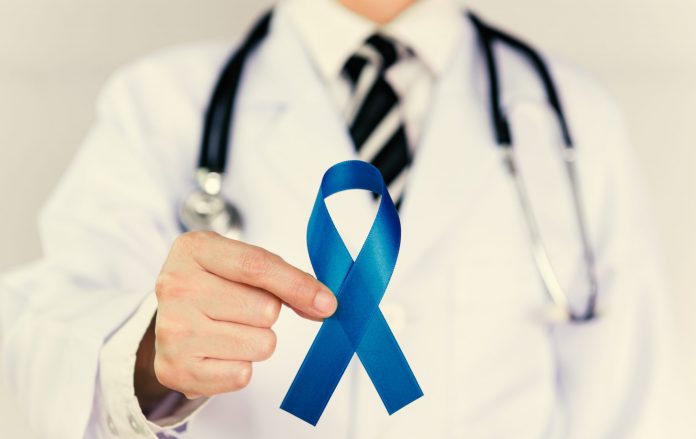TerryWhite Chemmart (TWC) has extended its partnership with one of the nation’s leading voices for bowel cancer prevention, the Jodi Lee Foundation to raise awareness of young-onset bowel cancer and encourage younger people to ‘View Your Poo’ this September.
TWC and Jodi Lee Foundation have launched a ‘View Your Poo!’ chart to help young Aussies understand more about their bowel health, and to be able to identify the signs and symptoms of bowel cancer when taking a number two.
The Australian Institute of Health and Welfare (AHIW) report on Cancer in Australia 2021 found bowel cancer to be the deadliest cancer in 20-39-year-old Australians.
In 2021, it’s said that 783 Australians aged 20-39 were diagnosed with bowel cancer and those who were born after 1990 have double the risk of bowel cancer and four times the risk of developing rectal cancer than those who were born in 1950.
TWC’s Chief Pharmacist, Brenton Hart believes the creative and relaxed approach to delivering the important health message will help to normalise what is often thought of as a taboo topic and encourage young people to speak up or seek more information if they are concerned.
“The View Your Poo! chart is designed to help people better recognise what healthy bowel movement looks like,” says Mr Hart.
“If what you consider to be normal about your poo changes – like the appearance of blood, or your poo’s shape, colour, texture or frequency – the smartest thing you can do is to seek advice from your GP.”
Nick Lee, Founder and Chair at Jodi Lee Foundation says “blood in your poo may indicate the presence of polyps or bowel cancer”.
“Raising awareness of the importance of speaking to your GP if you notice blood in your poo, or any long-term, persistent changes to your poo, the more lives we can save,” says Mr Lee.
“We are proud to be partnering with TWC to amplify these important messages and drive action among Australians, in particular young Australians.
“Regardless of your age, we want you to ‘View Your Poo!’ and take action if you notice blood or anything out of the ordinary,” he says.
Mr Hart says that self-diagnosing is a ‘slippery slope’ as there is so much information and misinformation available online.
“The reality is that online research for self-diagnosis cannot be prevented. But those who choose to consult the internet should be aware of the potential risks,” he says.
“Discuss your symptoms and any information found online from credible sources of information with a healthcare provider.”
For more information, visit: jodileefoundation.org.au.






